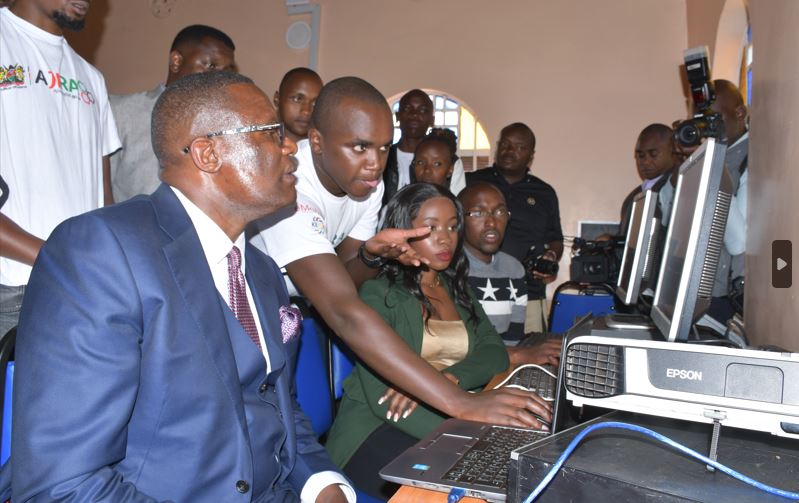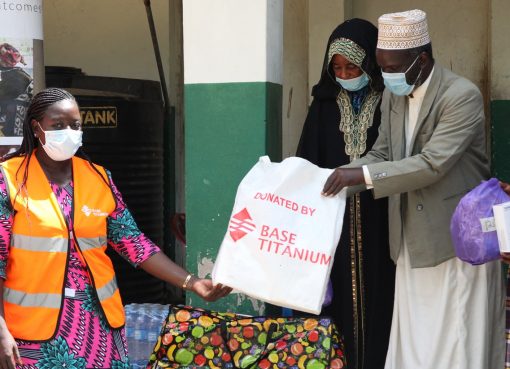The Technical and Vocational Education and Training (TVET) sector is now moving from knowledge-based training to competence-based training, State Department for TVET Principal Secretary Esther Thaara Muoria has said.
The PS said that in a shift from what has been there before, TVET is embracing what is called competence-based education and training (CBET), which places emphasis on what learners can do and not necessarily what they know.
Dr. Muoria said this on Tuesday in a speech read on her behalf by Deputy Director Technical Education Joseph Kanyi during an event to sensitise principals from Nyamira, Kisii, Homa Bay, and Migori counties on the new approach at Sikri Technical and Vocational Training College in Rachuonyo South Sub County, Homa Bay County.
She encouraged the technical and vocational education training (TVET) institutions’ principals to embrace the change ushered in by the new education curriculum.
The PS called on the principals to direct their effort and available resources towards ensuring they fully shift to competence-based education and training by way of giving trainees practical skills through innovation and the use of live projects in their institutions where students work in a real-time environment to sharpen their skills.
“We are talking about the organisational innovation capabilities of our principles of management and leadership to see how we can make use of the resources we already have to create industries and training opportunities where we operate to ensure that we have live training opportunities,” the PS said.
She urged the principals to ensure the youth coming for training are getting practical skills so that the youth graduating from that particular institution are employed immediately.
The PS said CBET is about skills and asked the principals to go out there, reach out to the industries, and enter into collaboration frameworks, MoUs, and all that so that they can have the majority of young people trained on practical skills.
She noted that other ways to fully implement CBET are for the principals to create their own industries using ready projects, a localised concept of industries, ensuring that opportunities that arise in their institutions are opportunities for training.
The PS noted, however, that CBET requires enormous resources because the training process is 80 per cent practical and 20 per cent theoretical, meaning the institutions have to be properly equipped, which the government has done and is still doing.
“Previously, we have concentrated on building infrastructure, buying equipment, and employing trainers, which we will still do, but now the time has come to focus on giving practical skills to the trainees as envisaged in the TVET Act 2016,” she said.
By Moseti Julius





